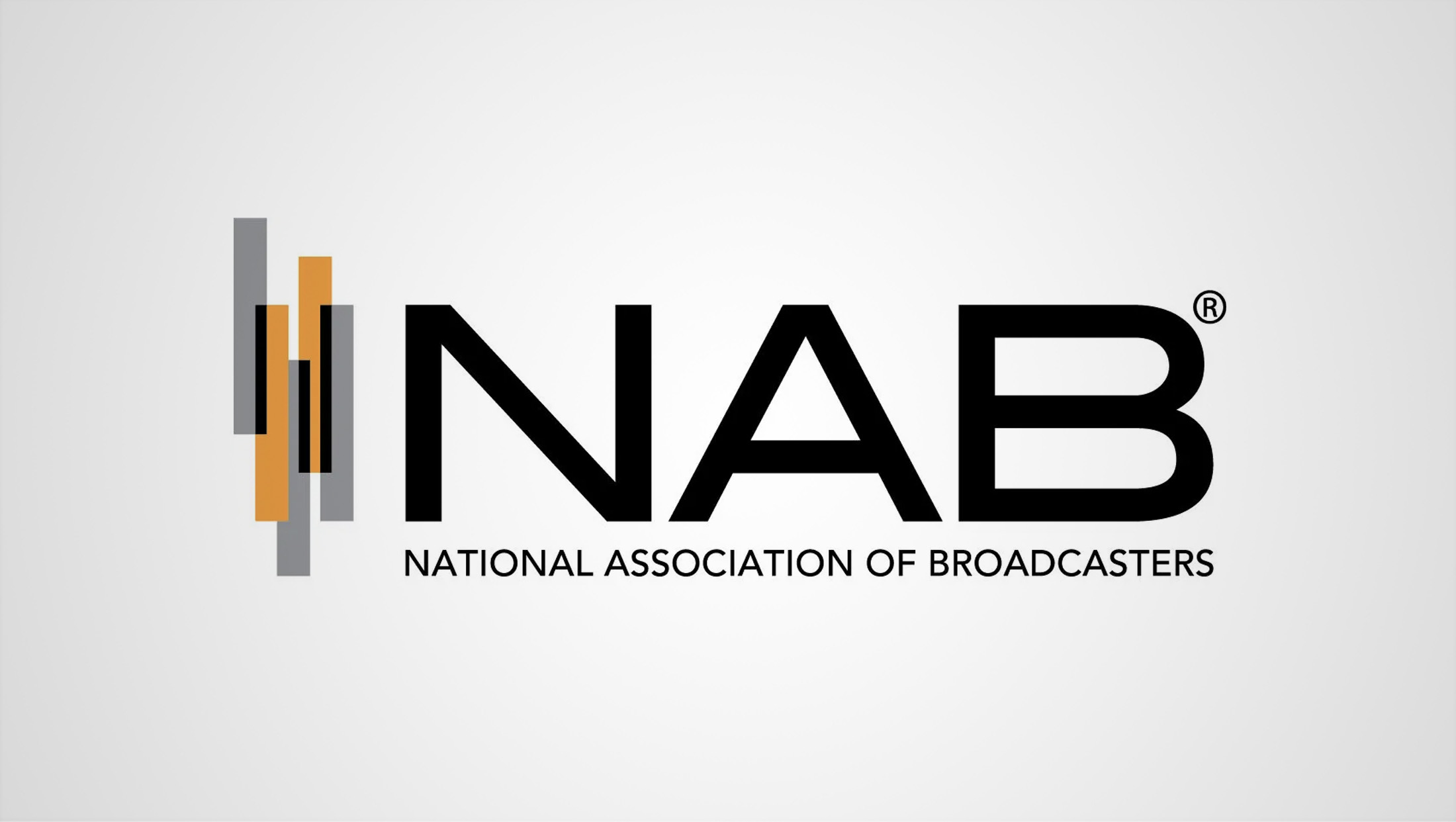NAB also wants FCC to track successful retrans negotiations if it’s going to database blackouts

Subscribe to NCS for the latest news, project case studies and product announcements in broadcast technology, creative design and engineering delivered to your inbox.
After filing an objection to a database tracking blackouts due to retransmission disputes, the National Association of Broadcasters is now telling the FCC it would like to see a system that also tracks successful retrans deals.
“Anything short of that would undoubtedly mislead consumers and others, including policymakers, as to the actual frequency of retransmission consent disputes and would provide a strong incentive for [multichannel video programming distributors] to continue to manufacture impasses,” Rick Kaplan, a lawyer for NAB, wrote in a filing.
The filing was first reported by Policyband.
In many ways, NAB’s most recent comment appears to be ceding that a blackout tracking system may be ultimately approved, since it appears to be suggesting that additional requirements be added to the proposal.
Previously it had characterized the FCC’s blackout database proposal the government wanting to “gather information for the sake of having information” and having no “discernible purpose.”
It still stays on record as saying it thinks a blackout tracking system is unnecessary but is now proposing that additional data be gathered by the FCC and made public.
The FCC is currently considering a proposal that would require multichannel video programming distributors (MVPDs) to report any blackouts lasting longer than 24 hours due to a breakdown in retransmission consent negotiations.
Under the current framework, the FCC would also be responsible for maintaining a historical database of any such blackouts.
NAB first filed an objection in February 2024, followed by the most recent one March 26, 2024, the deadline for second-round comments.
TV providers are already required to notify consumers when channels become unavailable due to such disputes, which the NAB says makes the FCC’s proposal duplicative.
Retransmission dispute blackouts have become increasingly common as TV station and network owners seek to boost their revenues by demanding that MVPDs, which include cable, satellite and Internet-based TV services, pay more and more for the privilege of carrying a channel or group of channels.
These battles often pit station owners against pay TV operators, with both sides pointing the finger at each other. It’s not uncommon for station owners to activate extensive marketing campaigns attempting to blame the blackout on the provider and encouraging consumers to contact the vendor or switch providers.
On the opposite side, TV providers often opt to replace blacked out station feeds with information that attempts to emphasize its efforts to keep package prices low as the reason for the disruption.
NAB argues that a national database of retrans disputes would “incentivize” more disputes because cable and satellite providers see an advantage in spotlighting or “generating” these disputes.
Meanwhile, two key industry groups, the NTCA-The Rural Broadband Association and NCTA-The Internet & Television Association, have largely supported the FCC’s efforts.
NTCA has even gone as far as to suggest that the FCC should be required to have access to financial offers made by station owners. As of now, these negotiations and offers are largely kept confidential, and there is no rule saying that information has to be disclosed to a federal authority.
Both NTCA and NCTA represent different segments of the pay TV industry, with NCTA counting members such as Comcast and Charter among its ranks. NTCA membership includes smaller operators.
A final decision on a blackout reporting system is expected by the end of the year.
Subscribe to NCS for the latest news, project case studies and product announcements in broadcast technology, creative design and engineering delivered to your inbox.





tags
FCC, NAB, Retransmission
categories
Broadcast Business News, Broadcast Industry News, Cable Industry, Policy